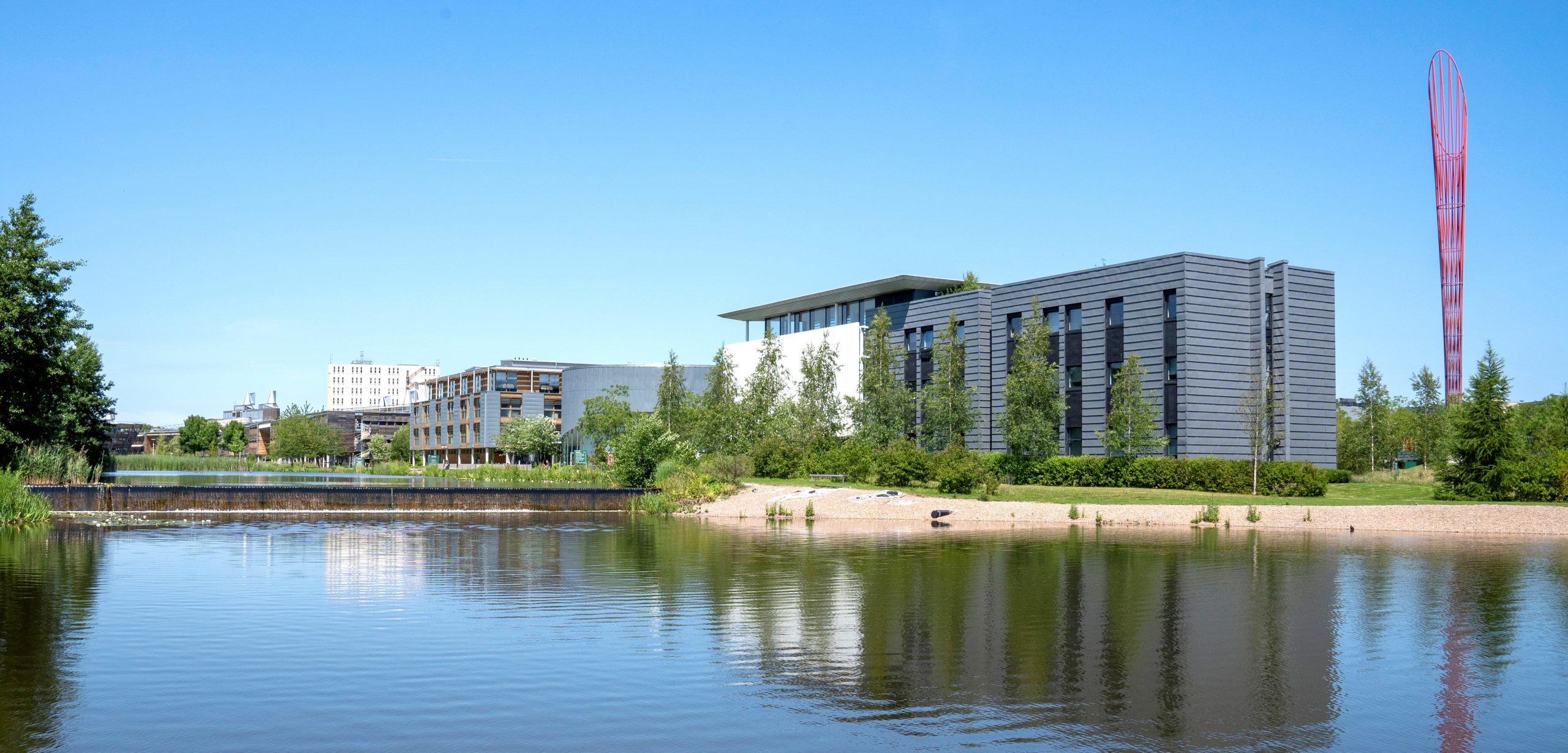
July 1, 2021, by lizst4
Innovation, SMEs and Life after Covid-19
Innovation, SMEs and Life after COVID-19
Remember the days when we thought we knew what a crisis was? Or what a steep learning curve looked like? Well, now we really know. All the talk about agility and resilience is being tested in earnest. The tide has gone out, and we can finally see who’s wearing a swimsuit.
The arguments over how crisis turned into catastrophe are likely to carry on for years, as will the debates about what sort of recovery is possible. But this much is certain: COVID-19 has plunged us all into the biggest economic experiment of our lives.
Very different strategies have already played out as companies seek to plot a course through the storm. Some responses have been adaptive; others have been creative; still others have been at best passive and at worst dangerously inert.
Wisdom in times of disorder
Ultimately, the challenge for every business is one that Adam Smith outlined more than 250 years ago in his Theory of Moral Sentiments. Reflecting on the need for political wisdom in times of disorder, Smith highlighted the difficulty of deciding “when to re-establish the authority of the old system and when to give way to the more daring but often dangerous spirit of innovation.” In short: do you stay the same or do you change?
The zombies
Many companies have entered a self-induced coma during the pandemic, content to rely on government-backed furlough schemes to provide life support. When they fully wake up, though, they may discover the world they once operated in has altered dramatically – perhaps even beyond recognition.
Why? Because it turns out the range of genuinely essential activities is quite small. In extreme circumstances, we’ve realised there are plenty of things we can do without. The crisis has underlined that non-essential activities are fundamentally a matter of consumer choice – and consumers are notoriously fickle and unpredictable.
Back to normal?
This means getting back to normal just won’t be possible for a lot of businesses, at least in the foreseeable future. Demand in whole sectors has vanished, and when – or even if – it might reappear is debatable.
Look, for instance, at air travel, which was already under huge pressure from climate imperatives. There came a time when it seemed practically unsustainable, as shown by the short shrift given to Richard Branson’s call for a £500 million loan to maintain his position as one of the richest men in Britain – although not resident for tax purposes, of course…
The innovators
Elsewhere, far more encouragingly, businesses have identified and seized opportunities. Many have accepted that crisis can serve as a platform for positive and even long-lasting transformation.
These companies appreciate that that they can’t always frame their most effective weapons in terms of attributes such as assets and branding. Instead, especially during turmoil, core competences and dynamic capabilities are frequently what matter most.
Doing things differently
It’s basically a question of understanding what you already do well, what you might do better and, above all, what you could do differently. Organisations need to be open-minded and fleet-footed, particularly when they face unprecedented disruption.
Unlike taxpayer-funded bailouts, which won’t last forever, such an outlook is geared towards long-term survival. It lends itself to innovation and sustainability in an environment increasingly characterised by uncertainty and churn.
Sink or swim
So where are we most likely to find innovation? And which businesses, by extension, most deserve assistance? Contrary to what the established big beasts would have us believe, the answer is SMEs.
In the UK small and medium-sized enterprises comprise 99% of businesses, 60% of jobs in the private sector and more than 50% of annual turnover. Globally, they represent the high-growth, innovation-focused firms that are most likely to rebuild and reshape the economy.
SMEs need to be backed as we emerge from the Covid-19 crisis. They need financial support, whether from government, lenders, venture capitalists or other sources of capital. They also need non-financial support, whether from proven entrepreneurs, business schools or other sources of expertise.
The truth is that some businesses are simply much better and more willing swimmers than others – and it’s these that should be helped to navigate whatever waters might lie ahead.
David Falzani MBE is a Professor at Nottingham University Business School’s Haydn Green Institute for Innovation and Entrepreneurship (HGIIE) and president of the Sainsbury Management Fellowship. Paul Kirkham is a researcher in the field of entrepreneurial creativity and Ingenuity Learning Support Development Officer at HGIIE.
An earlier version of this article was published by Small Business Charter on 23 April 2021.
No comments yet, fill out a comment to be the first

Leave a Reply